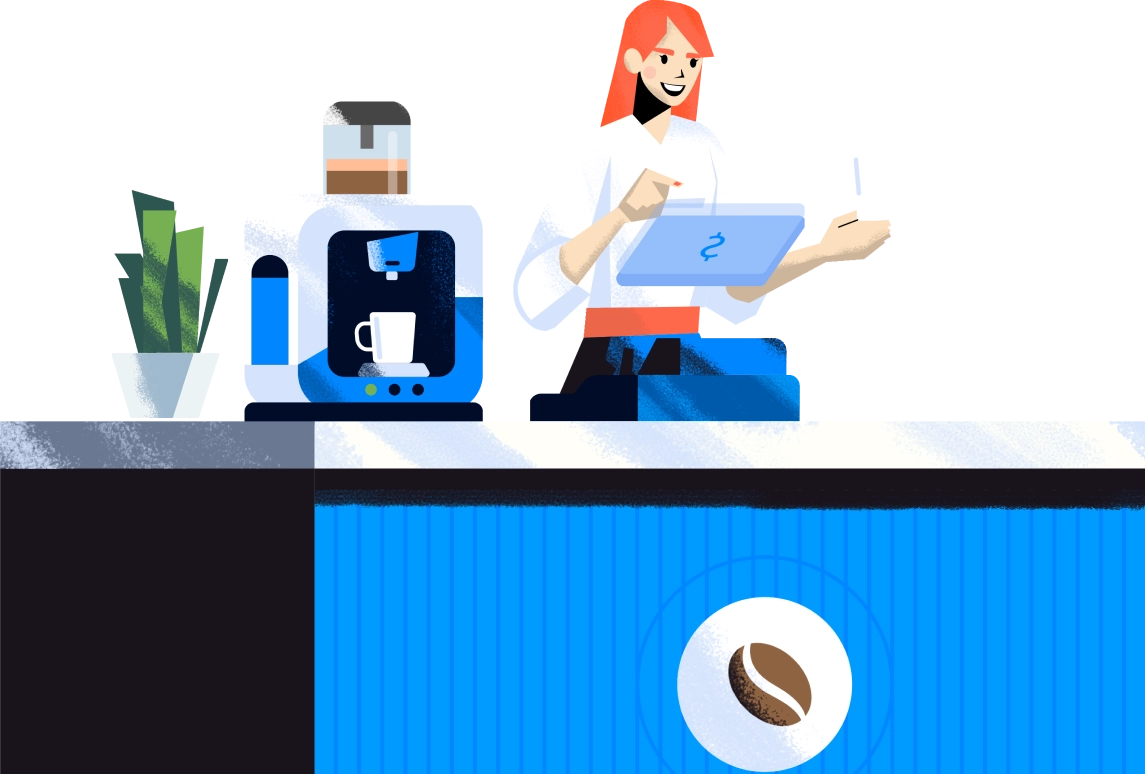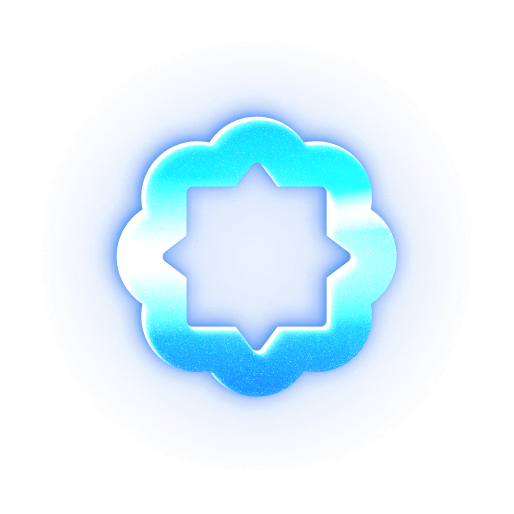Why Launching a Startup is Great When You’re a Student
Are you a student who wants to create a startup? You’re in good company. Microsoft, Facebook, Google, Snapchat… (Crisp ?) They all have something in common: they were founded by students. > « I literally coded Facebook in my dorm room and launched it from my dorm room. I rented a server for $85 a month, and I funded it by putting an ad on the site, and we've funded ever since by putting ads on the site. » -------------------------------------------------------------------------------- T
Are you a student who wants to create a startup? You’re in good company.

Microsoft, Facebook, Google, Snapchat… (Crisp ?) They all have something in common: they were founded by students.
« I literally coded Facebook in my dorm room and launched it from my dorm room. I rented a server for $85 a month, and I funded it by putting an ad on the site, and we've funded ever since by putting ads on the site. »

This success didn't happen by accident. Students are very lucky, and they have assets that can let them compete with huge companies.
Money is not the point
The difference between you and a 40-year- old entrepreneur is simple. No children, no mortgage, no wedding, no job - you don't have anything to lose.
Pasta is your top meal choice already (you’re ready to bootstrap!), and working late into the night in your apartment doesn’t scare you at all.
You don’t have a salary, so you aren’t giving anything up. You’re ready for the adventure!
Hey, you probably even have some friends at your university who are ready to help or join the new venture - and most likely they’ll be OK with not being paid.
« You'll be the next Zuckerberg, so we'll talk about my equity later »

« Perfect timing, I’ve been wanting to try Node.JS with React. Get some beer and pizzas, we’ll kickstart it »

Disclaimer: Crisp started like this
You have tons to learn. Perfect!
It may be your first real work experience, and it could be the best one, even if it fails.
Programming, design, customer support, growth hacking will become the new tags on your Linkedin profile.
It’s a new company, you’re the boss, and you can learn how to do things from scratch.
You'll replace MathLab, Word and Powerpoint with your new favorite tools: Slack, Sketch, andSublime Text.
Now, you have to get straight to the point: creating your MVP.
Fake it until you make it
Money isn’t important, but time is! Seriously, you have to go straight at it. Take 3 months (max) and get to the first version of your product. During those 3 months, you should get that product into the hands of 30 users.
One of my earlier startups failed because we took 9 months to produce our first version. And it was good! But those 9 months killed my motivation, and I just didn’t want to keep working on it.
But that’s ok! Thanks to that experience, I joined a new project - Crisp! - and we made our first product during August of 2015 and found 10 early users. Less than a year later, we have thousands of companies using Crisp.
Look, we were just like you, we just had a bit of experience from earlier adventures. And that told us to go and make an early first release, to improve it every day, and let our product evolve
to what it is today.
Your first users
So who are your first users? My best friend was joking around, since Crisp wasn’t open to end
users after three weeks in development. He asked how to sign up… and then didn’t sign up at
all. He sent out emails to a bunch of companies, telling them to use Crisp and, hey, it worked!
20 companies started using Crisp, just a few weeks after the first lines of code were written. Of course, the product was sometimes unusable, there were hundreds of errors every day, accounts were lost…
He didn't sign-up at all, he sent e-mail to some companies to tell them using Crisp and... it worked. 20 companies used Crisp, three weeks after your first lines of code. Of course, the product was sometimes unusable, 500 errors everydays, accounts were lost...
But those companies helped us improve our product, we learned how to manage servers and users, they asked for features that we hadn’t thought about. Today those same companies are using Crisp as a polished product, and they’re proud to have been there at the beginning. One of those early users pushed us on Product Hunt, and we can say that our launch phase is now complete.
That’s another thing: avoid a D-Day launch, it’s useless. Your launch period might last for a month. But I promise, nobody really cares about your startup’s birthday.
If you don’t have a crazy best friend like I do, use Facebook, Twitter, people in the streets, your phone. 10 or 20 users are enough to get started.
And then talk to your users! Understand what they want and what they don’t use (and to do that, you can use a tool like Crisp ;).
And remember to always eat your own dogfood.
Option 1: Kill the project

If a few months go by, and your rocket doesn’t seem to be taking off, just kill the project and move on to the next one.
It’s fine, really - maybe you weren’t ready, maybe the market wasn’t ready, maybe the timing wasn’t right, maybe something else entirely. Just learn from it and go forward.
Start with a new idea, figure out what the team should be. Go watch The Walking Dead or Game of Thrones for a week, let your mind wander.
Then repeat Step One, and start your new venture.
Option 2: Enjoy the growth!
![]()
Being featured on Product Hunt was a real surprise for us. In the early days of Crisp, we daydreamed about it happening, maybe, someday, and then it was there.
We kind of felt like we were on an episode of Silicon Valley - we were invited to give talks, spoke with investors, had all kinds of good opportunities come up.
But that’s also the time when you need to focus on what’s really essential for the business.
Because after all - it’s definitely not the last step.












